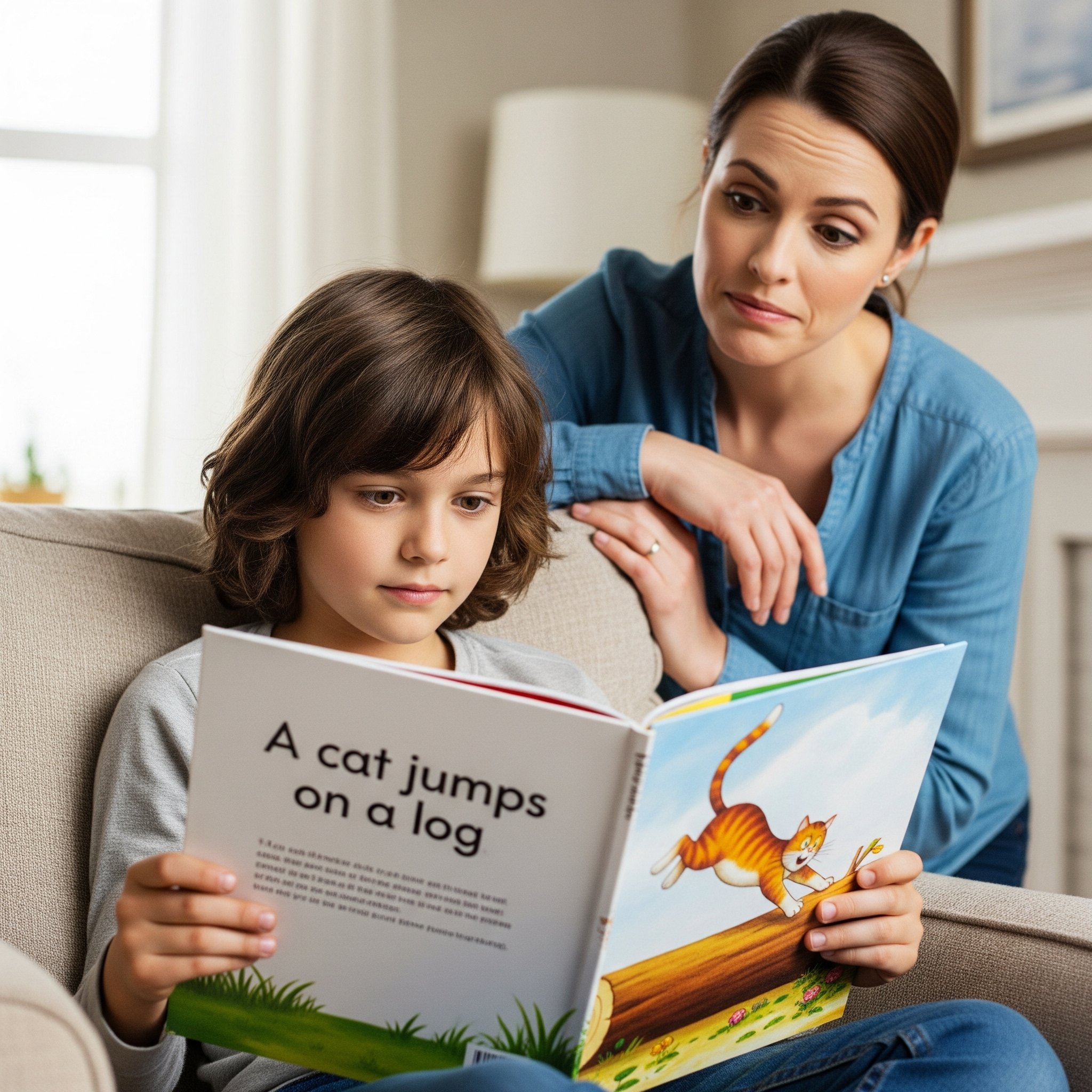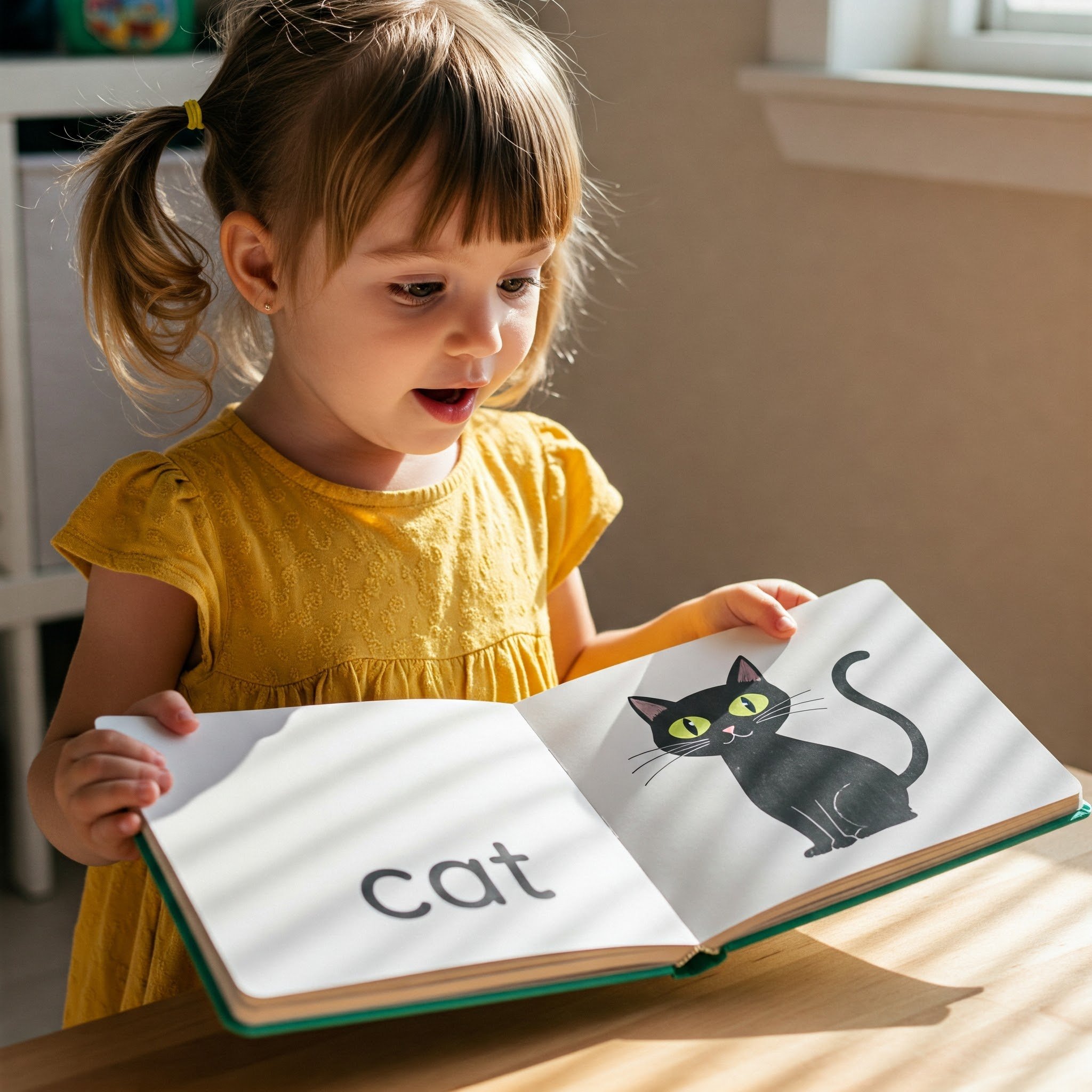Eulexia Tutoring Blog

Look-Say, Whole Language, Balanced Literacy: A Parent's Guide to the Many Names for the Same Flawed Idea
From 'Look-Say' to 'Whole Language' to 'Balanced Literacy,' the names for reading instruction are constantly changing. But what if they are just different masks for the same flawed idea? We uncover the common thread that runs through these methods and explain why a focus on decoding is the only reliable path.

The Journey Back to Confident Reading: What Remediation Looks Like
For parents of struggling readers, the path forward can seem unclear. We outline a hopeful, structured roadmap to success. Learn about the three key stages of effective reading remediation: a deep diagnostic assessment, principled skill-building, and finally, building fluency and a rich vocabulary.

The Dinosaur in the Room: Why Kids Can Read "Dinosaur" But Skip "the"
Ever wonder why your child can read 'dinosaur' but skips 'the'? It's a common puzzle that reveals a deep flaw in how reading is often taught. We explore why 'meaning-first' approaches can create this 'functional word blindness' and why a code-based strategy is the solution.

The Nostalgia Trap: How Dick, Jane, and Dr. Seuss Can Inadvertently Cause Reading Failure
Many remember Dick and Jane, and Dr. Seuss fondly. But what if these beloved books, when used as first readers, implicitly teach habits that can lead to reading failure? We explore the how Dick and Jane and Dr. Seuss books, created as instructional products, were ineffective or even destructive to their purpose of helping kids learn to read.

The Leveled Reader Trap: Is Your Child Learning to Read or Learning to Guess?
Those 'leveled readers' sent home from school may seem helpful, but their design often trains children to guess words from pictures rather than decode them. Discover why this common practice can hinder reading progress and how decodable readers provide a more effective, science-aligned path to literacy.

Decoding vs. Guessing: How to Spot Truly Effective Phonics Instruction
Pictures should support understanding, not replace reading the word! When kids rely on images instead of decoding letters (like /k/ /a/ /t/ for "cat"), true reading skills don't develop. Learn how to identify phonics programs that teach decoding, not guessing.

5 Early Signs Your Child Might Need Reading Support (Beyond Report Card Grades)
Trust your intuition if something feels off with your child's reading, even with decent grades. This post explores 5 early signs beyond report cards that signal potential struggles with foundational skills. Learn what to look for & how early awareness empowers effective support.
